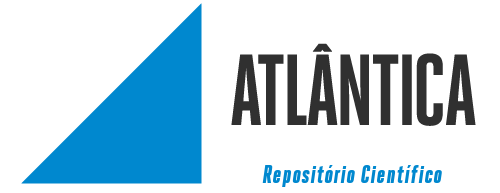Please use this identifier to cite or link to this item:
http://hdl.handle.net/10884/1439| Title: | The job design happiness scale (JDHS) |
| Authors: | Dutschke, Georg Jacobsohn, Lia Dias, Álvaro Lopes Combadão, Jaime |
| Keywords: | Happiness Job design happiness Job happiness factors Job well-being |
| Issue Date: | Nov-2019 |
| Publisher: | Journal of Organizational Change Management |
| Citation: | Dutschke, G.; Jacobsohn, L.; Dias, A. L.; Combadão, J. (2019). The job design happiness scale (JDHS). Journal of Organizational Change Management, 32(7), 709-724. |
| Abstract: | Purpose – The purpose of this paper is to identify the factors that individuals consider necessary to be happy in their job. Based on these factors, a measure of job design happiness ( JDH) is proposed. Design/methodology/approach – Two methods were applied: a qualitative study with content analyses (n¼969) to develop an exploratory questionnaire; and exploratory and confirmatory factor analysis by applying structural equations models. In this second study the questionnaire was sent to a second sample (n¼1,079). Findings – Five first-order factors were identified: self-fulfillment; group working, attaining goals; leadership; and sustainability and job/family balance. These factors are explained by a second order factor: JDH. Research limitations/implications – Further research is needed to determine how the identified “job design happiness” components may interact with one another. Testing the measure of different industries and national cultures is also suggested. Practical implications – Managers and human resources practitioners can improve job and organizational performance by applying the scale in several moments in time measuring the job happiness “pulse,” monitoring their decisions. Social implications – The adoption of this measure for decision making in organizational and job design can contribute to the improvement of living standards and firm sustainability. Originality/value – Research on organizational happiness has been increasing but instruments to measure JDH, considering organizational factors, are limited. |
| URI: | http://hdl.handle.net/10884/1439 |
| Appears in Collections: | CE/MKT - Artigos |
Files in This Item:
| File | Description | Size | Format | |
|---|---|---|---|---|
| phzbmhdmm6s.pdf | 431.39 kB | Adobe PDF | View/Open |
Items in DSpace are protected by copyright, with all rights reserved, unless otherwise indicated.
